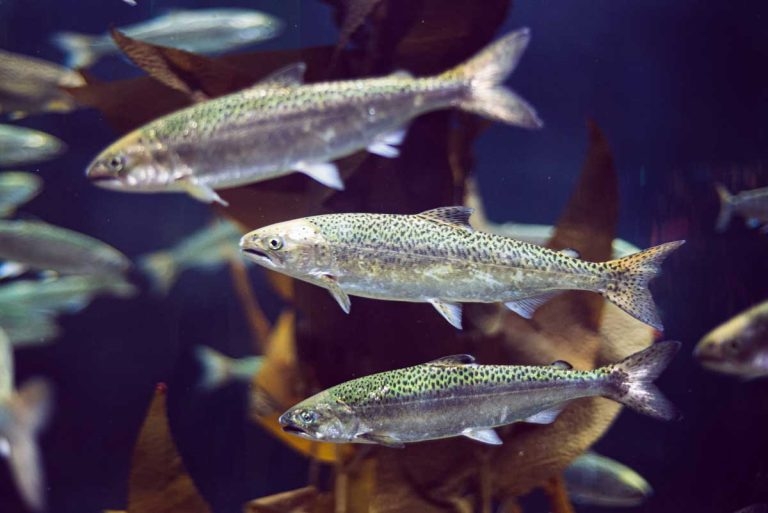5 Jun 2025
Weaknesses in legislation and education were highlighted at a major charity’s annual conference.

Image: Vlad / Adobe Stock
A new avenue in the fight for veterinary legislative reform has opened up following calls for reform to help address issues of fish welfare.
The area was highlighted during the Animal Welfare Foundation’s recent discussion forum, amid calls for both greater protection and improved education.
The current Veterinary Surgeons Act (VSA) does not apply to fish, meaning that non-vets can legally diagnose medical conditions.
But Matthjis Metselaar, founder and managing director of Aquatic Vets Ltd, argued that situation had to change during the 19 May event in London.
He said: “The toolbox for the fish vet is really limited. The legal protection under the VSA is important to have in place. There would be a period of transfer but all that can be done by training.”
Matthew Bond, scientific and technical advisor to the Ornamental Aquatic Trade Association, acknowledged a significant proportion of treatment would take place within the trade.
However, he argued that care beyond a specific level would have to be delivered by a vet in any event. One such example is the prescription of POM-V medicines, which can only be done by a vet, regardless of species, under the Medicines Regulations.
But the idea of equal protection in veterinary treatment for fish was widely supported by delegates, with 81% of participants in a poll during the session backing the idea.
Dr Metselaar said other countries, such as Norway, already saw greater veterinary input, while Lynne Sneddon, a professor of animal welfare at the University of Gothenburg, argued the lack of legislative protection was of particular concern in relation to farmed fish.
Around three-quarters of attendees also considered fish to be as sentient as mammals during an initial polling exercise, with that total rising to virtually all delegates (98%) in a second poll at the end of the session.
The forum also heard concerns about the standard of veterinary education, with 87% of attendees agreeing that fish were not adequately covered in training programmes.
Dr Metselaar said he had taught on fish at his university while studying for his own degree and said education was “not deep enough in my opinion”.